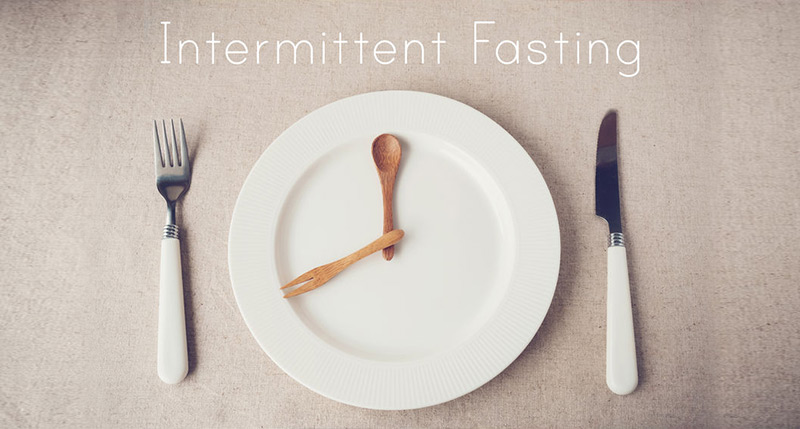13 Health Benefits of Intermittent Fasting
Fasting for your health? For most of us, that’s a new one. But with proponents dating all the way back to Hippocrates and Plato, fasting is in no way a new concept. In fact, it plays a central role in many major religions, and historically, fasting is incredibly useful during times of food scarcity.
But as obesity rates continue to rise, it seems clear that America’s biggest challenge isn’t that we don’t get enough food. So why is fasting rising in popularity today? Apparently, our ancestors knew what they were doing.
As it turns out, alternating between periods of fasting and windows of eating―a tactic known as “intermittent fasting”―acts as a positive, mild stressor on the body, much like exercising. Putting the body through this intentional stress “works out” the cells, encouraging healthy turnover and making them more adaptable and effective at protecting against future trauma and disease.
The benefits of the practice are numerous and compelling. Intermittent fasting can help to:
- Lower your risk for cancer.
Fasting increases levels of tumor-infiltrating lymphocytes (cells sent by the immune system to attack cancerous cells), which can slow cancer progression. Furthermore, multiple studies have shown a link between intermittent fasting and reduced risk of cancer.
- Improve heart health.
Fasting encourages the body to begin to use fat for fuel instead of glucose. Not only is fat a cleaner energy source, using it as fuel also lowers triglyceride levels and improves blood pressure.
- Stabilize blood sugar.
When we eat too often or consume lots of carbs, our bloodstreams are awash with glucose. Fasting gives the body a chance to recover and reset between meals. By lowering insulin resistance and increasing metabolism, fasting reduces the risk for diabetes.
- Encourage weight loss.
Leptin resistance occurs when your brain stops recognizing signals from the satiety hormone, leptin. Instead of feeling full, you feel constantly hungry. Fasting helps reduce the inflammation that causes leptin resistance and resets leptin receptors, encouraging weight loss.
- Decrease hunger pangs.
Just as leptin helps to decrease feelings of hunger, the hormone ghrelin is responsible for making you feel hungry. Intermittent fasting reduces ghrelin, which also increases dopamine in the brain.
- Lower bad cholesterol.
Who doesn’t want less “bad” cholesterol and more of the good kind? Fasting supports both a reduction in LDL cholesterol and an increase in HDL cholesterol.
- Heal your gut.
While fasting lowers inflammation overall, the gut is directly impacted. As a result, intermittent fasting improves inflammatory gut problems such as IBS and Crohn’s disease.
- Reduce autoimmune symptoms.
In two separate studies, fasting cycles improved symptoms associated with autoimmune conditions like multiple sclerosis and lupus.
- Improve lung health.
Fasting helps the body reduce inflammation and combat oxidative stress, both of which are important for lung health. As a result, intermittent fasting can help reduce asthma symptoms.
- Induce ketosis.
By limiting the intake of fuel (food) to specific windows of time, fasting forces the body to shift from using glucose for fuel to using fat. The process of breaking down fat stores for energy is known as ketosis and comes with plenty of health benefits.
- Live longer.
A study on intermittent fasting showed that fasting protected mice from strokes and consistently extended their lifespans by 30 percent.
- Ease depression.
Fasting improves mental health just as it supports physical well-being. In a 2013 review, people with depression reported an improvement in mood, greater mental alertness, and a sense of peace while fasting.
- Support brain health and memory.
As we age, less blood flows to the brain, neurons shrink, and brain volume declines. Studies have shown that intermittent fasting can slow brain aging, improve degenerative brain disorders such as Alzheimer’s and Parkinson’s, and help keep us mentally sharp.
Intermittent fasting may not be a cure-all, but it certainly boasts a long list of impressive benefits. By intentionally going without food for specific periods of time—even just 12 to 14 hours—we can begin to heal and reset the body in surprisingly powerful ways.
Ready to give it a try? Start by taking your personal history into account, and pay close attention to the way your body responds to any changes you make. And before you start, or before embarking on any dietary change, consult your healthcare professional.

